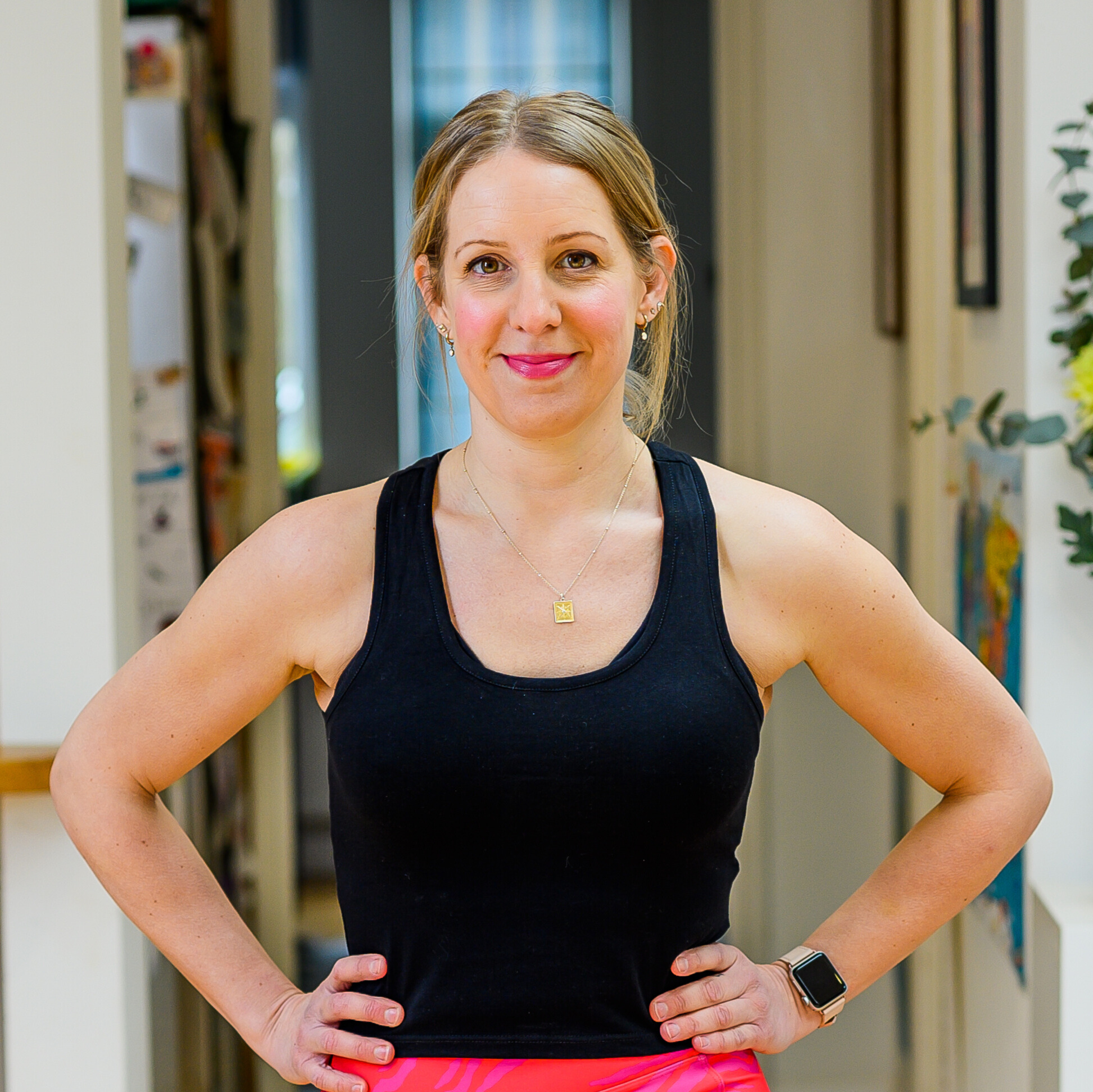How an unhealthy gut could be making your menopause symptoms worse—and what to do to change that
Include these four types of food in your diet to keep your gut happy


Start your week with achievable workout ideas, health tips and wellbeing advice in your inbox.
You are now subscribed
Your newsletter sign-up was successful
A healthy gut is crucial for the body to run well, affecting everything from immunity, sleep and mood.
“A rich, balanced community of gut microbiome is generally linked to resilience,” explains Dr Jenna Macciochi, director of science and innovation at Ancient + Brave, which sells gut health supplements, like True Biome.
“It’s kind of like having lots of good players on a sports team—so no single species dominates or allows pathogens (disease-triggering micro-organisms) to take over in the body and make you sick.”
Unfortunately, the menopause can impact the gut in a number of unwanted ways.
“During the menopausal transition, levels of the hormone estrogen decline and this can reduce the variety and types of bacteria that live in the gut,” says Macciochi.
The change in estrogen can also negatively affect something called barrier integrity, which Macciochi explains “is how well the gut lining keeps the contents of the intestine, such as bacteria and toxins, separate from the bloodstream. Good integrity means a strong ‘wall’ with no gaps and this protects the body against infections and illnesses.”
During menopause, women also produce fewer short-chain fatty acids (SCFAs). “These are chemical messengers that feed gut cells, keep the gut lining strong, and impact the immune system and metabolism,” says Macciochi.
Start your week with achievable workout ideas, health tips and wellbeing advice in your inbox.
“A drop in SCFAs can lead to inflammation and negative impacts on digestion, bowel regularity and nutrient absorption. It can also increase the risk of weight gain. Ultimately, this can have knock-on effects to common experiences of menopause, including mood, stress levels and sleep quality.”
But what you eat can contribute to better gut health, so if you’re going through, or approaching, the menopause, it pays to give your microbiome a fighting chance by including these four types of food in your diet.
What to eat to improve gut health during menopause
High-fiber vegetables and wholegrains
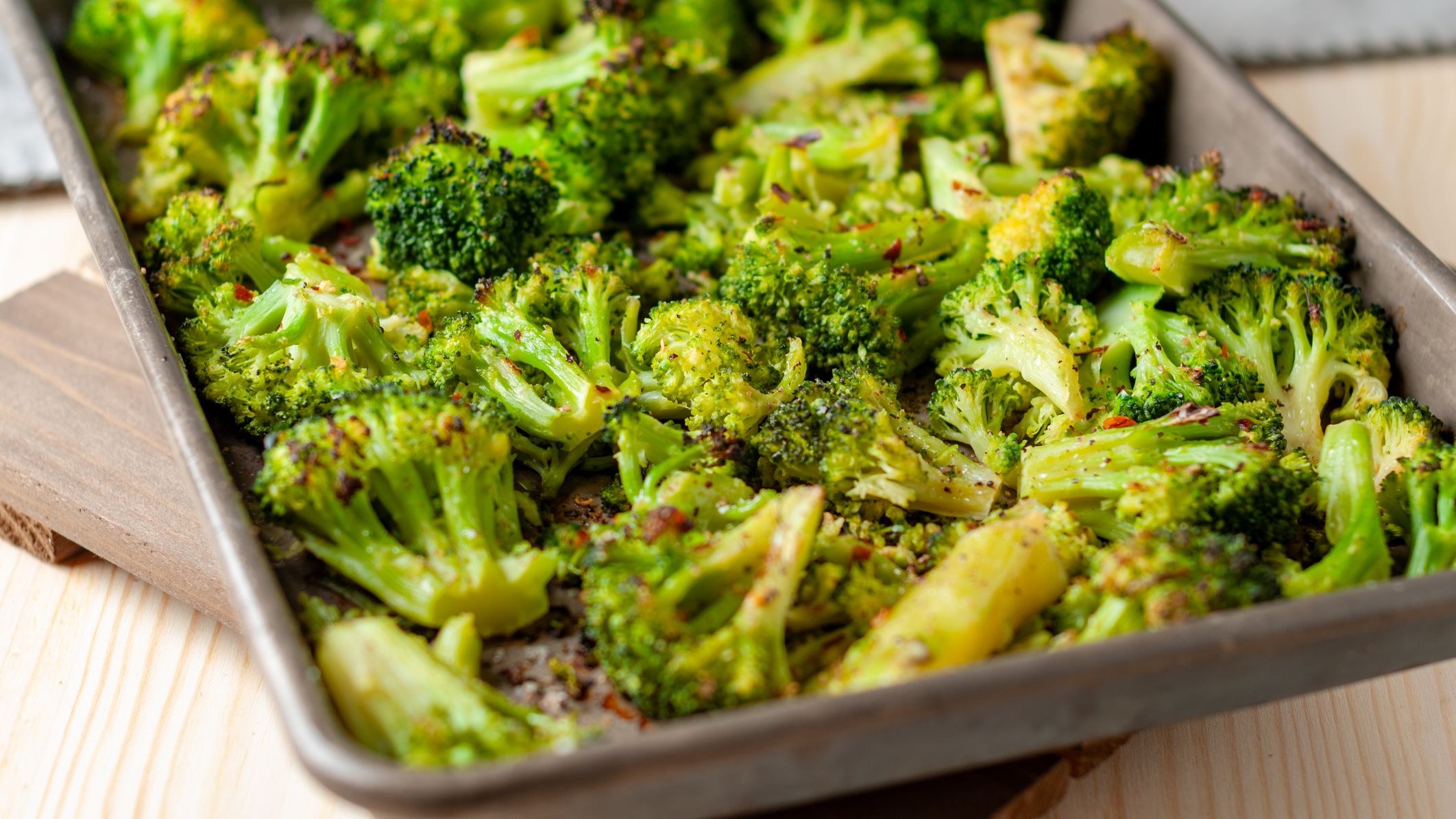
The fiber in broccoli feeds beneficial microbes in your gut
“Fiber such as broccoli, lentils and oats acts as a prebiotic, meaning it feeds beneficial gut microbes,” says Macciochi. “When these microbes ferment fiber during the digestive process, they produce SCFAs that strengthen the gut lining, support immunity and help regulate blood sugar.”
Polyphenol-rich foods
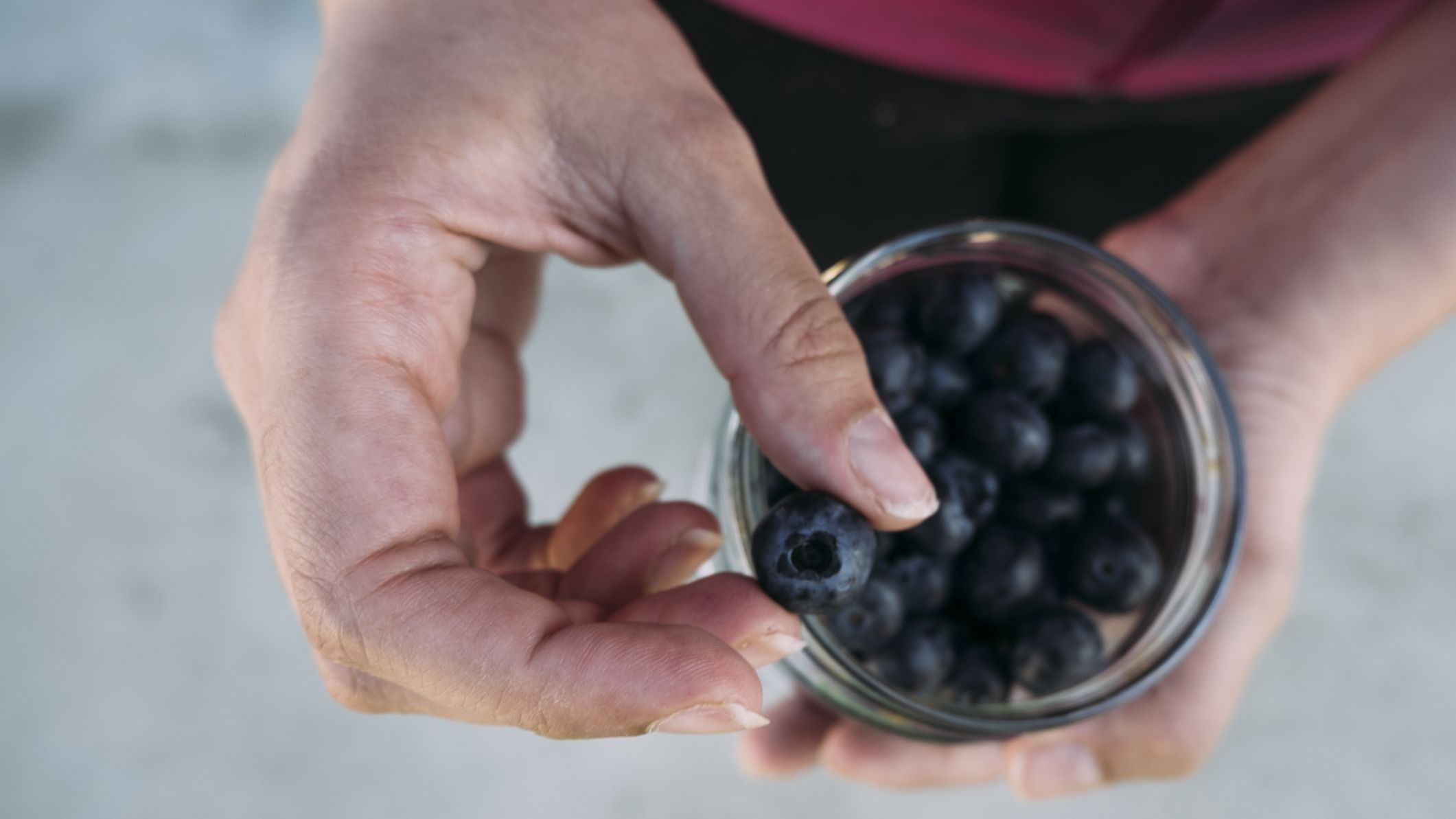
Blueberries, dark-skinned grapes, green tea, coffee, pomegranate and extra virgin olive oil are all rich in polyphenols. These are plant compounds that are full of antioxidants, nourish good gut health by feeding certain microbes and they have anti-inflammatory properties that protect the body against chronic diseases, says Macciochi.
Fermented foods
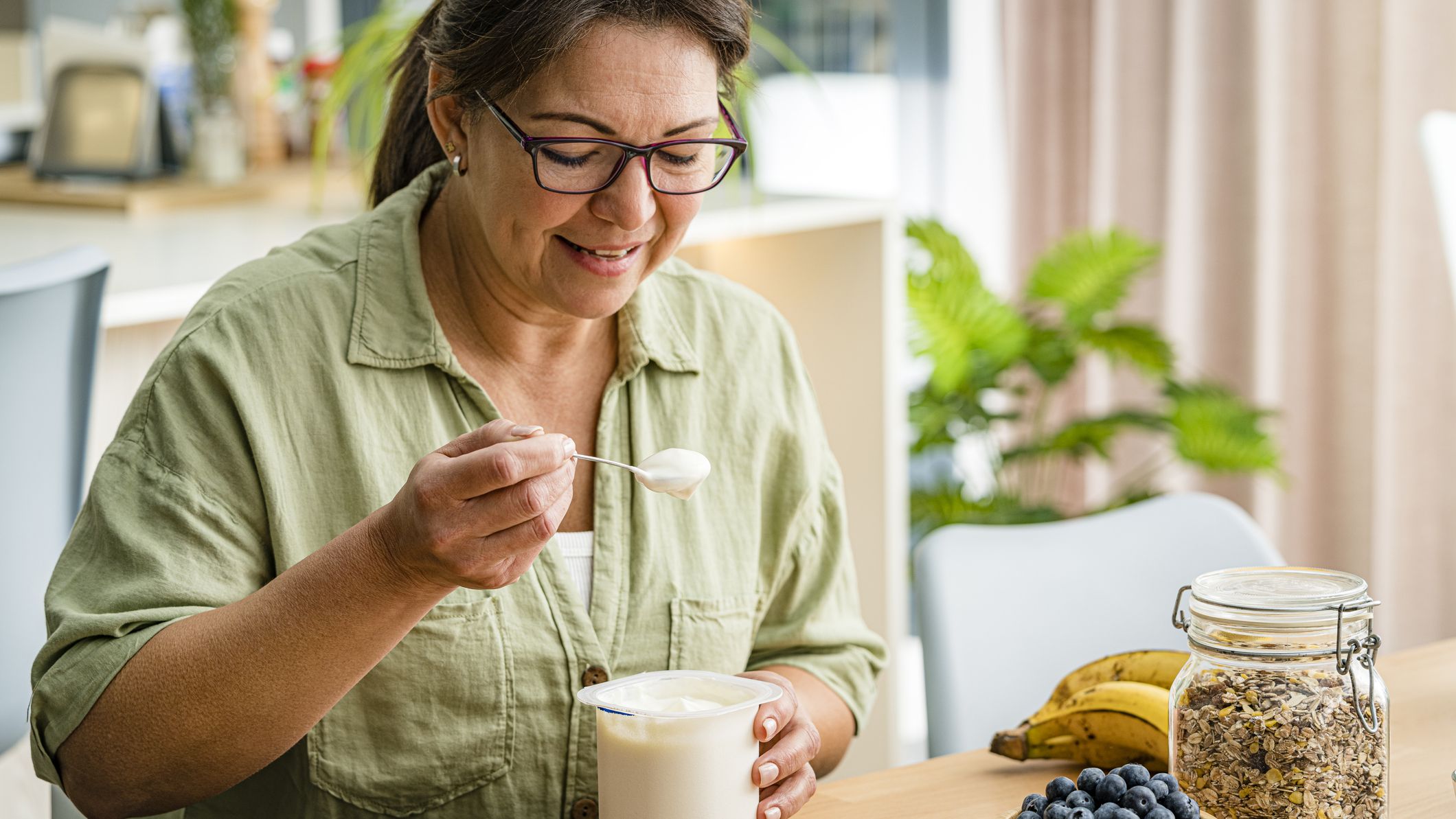
Greek yoghurt is a fermented food that introduces helpful live cultures to your gut
Eating fermented foods makes it easier for nutrients to be absorbed by breaking down natural sugars and starches in food before the digestive process begins. “Greek yogurt, kefir, kimchi and sauerkraut introduce helpful live cultures that can temporarily add to gut diversity and support digestion,” says Macciochi.
Nuts, seeds and legumes
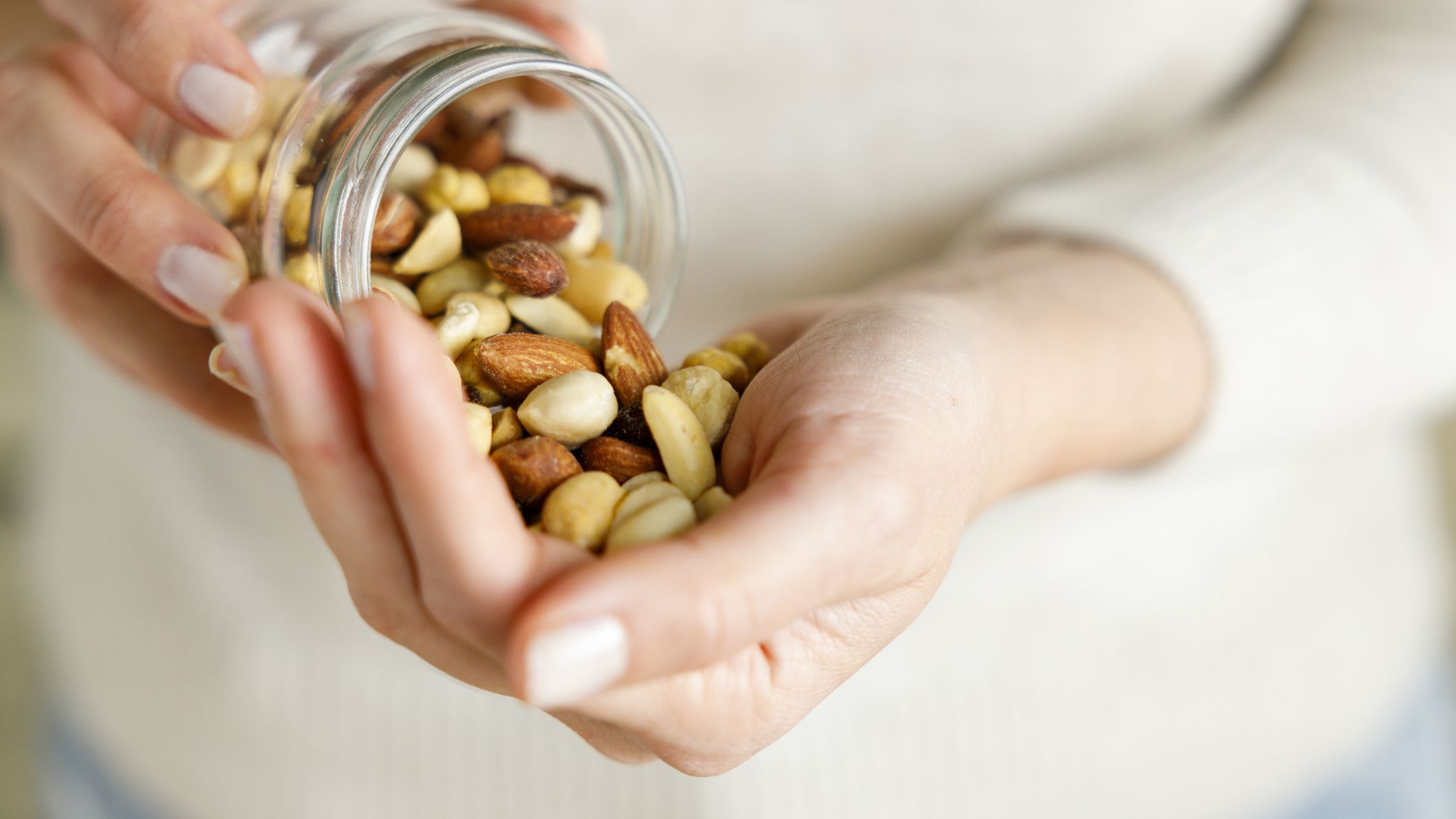
Nuts provide a mix of fiber, plant protein and minerals
“These provide a mix of fiber, plant protein and minerals that keep bowel movements regular, and help to stabilize blood glucose and energy levels,” says Macciochi.
Maddy Biddulph is a journalist specializing in fitness, health and wellbeing content, with 26 years in consumer media working as a writer and editor for some of the bestselling newspapers, magazines and websites in the US and UK, including Marie Claire, The Sunday Times and Women’s Health UK.
She is a CIMPSA-certified PT and works one-on-one with clients, as well as running Circuits Club classes which mixes cardio and strength training and chair-based exercise classes for seniors.
You must confirm your public display name before commenting
Please logout and then login again, you will then be prompted to enter your display name.
